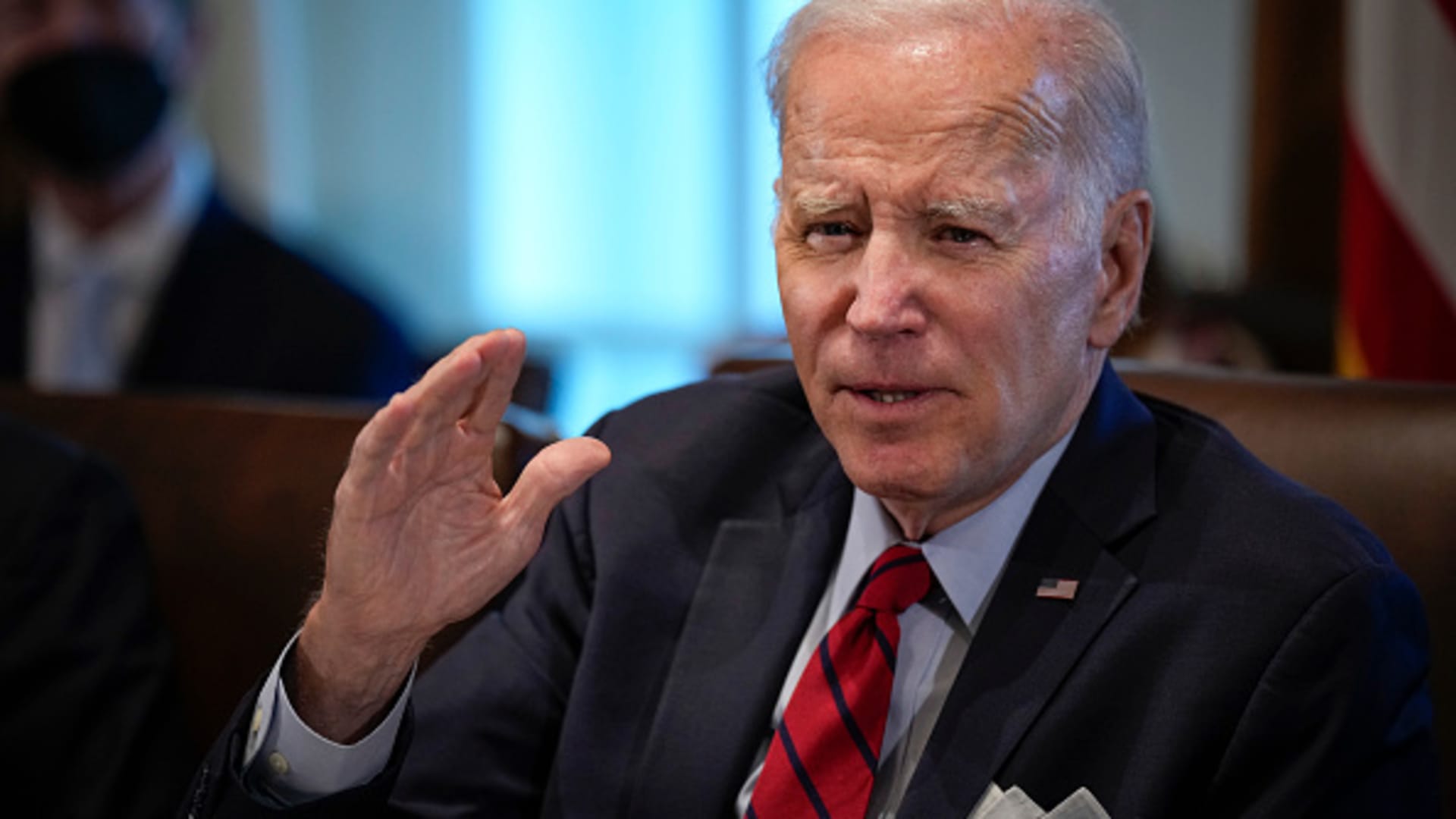The EU Factor in Cyprus
Justified worries of the Turkish side, their inability to explain their cause to the world, their goal to attain equality, their efforts for a fair resolution, possible mistakes in the past both by Turkey and the Turkish Republic of Northern Cyprus (TRNC), the traditional approach by the Greek Cypriot side of endorsing not equality but minority status –inferred in many parts of the Annan plan too- and the total involvement of the EU in the issue seem to have deadlocked the procedures unless there is a miracle until February 28. The idea of the involvement of Turkey and Greece has thus appeared.
This situation reminds me of one detail. I had the opportunity to discuss Turkish-Greek talks with late Ozal a number of times in the period between the 1989 Davos process and his passing away. In one such discussion in 1991, we had an interesting dialogue and he told me precisely this: “ We are in the year 1991. Nine years to 2000. If Turkey wants to be at the doorstep of the EU in 2000, this Cyprus issue needs to be resolved.”
I mention this remembrance as it is a framework that fits into His-Excellency Ozal’s vision of a foursome summit for the resolution of the Cyprus problem, the 1960 guarantees system and the current UN call.
This was an attempt to bring together Turkey, Greece, TRNC and the Greek Cypriot part in a foursome summit by the year 1991 and to deal with the entire issue in a setting that is some sort of an equivalent of the Annan plan. Over time, it became known Ozal wanted the USA to get involved and to convene a five-party summit. Toward autumn, pressures of the Greek lobby have given way to the possibility of a 9-party summit with the participation of the remaining 4 permanent members of the UN Security Council and the summit would have thus enlarged to diverge from the status of a foursome or five-party meeting or negotiations amongst ourselves.
In the end, when the government has changed after the 20 October 1991 election, this attempt has been overshadowed and could not realize. This last call by the UN has reminded of that past attempt. That is we are saying that the current situation fits into the 1960 framework yet late Ozal already had a similar idea in 1991.
Turning to today, Greek diplomacy has perhaps reconciled with the UN line. As I always emphasize, why is it that the Turkish-Greek understanding that has been going on since 1999 with the ratification of more than 10 treaties and protocols by both parliaments in the spheres of culture, counter-terrorism, tourism and commerce does not reflect in Cyprus talks? This reconciliation in the past six months could either be a sincere contribution by the EU President Greece or a mere disguise to its traditional policies. However, I think that Greece has conducted tit-for-tat diplomacy when the idea came out of the UN, the Greek side could have declared that it is open to this approach.
The UN approach is an experiment to resolve the currently deadlocked issues over Cyprus in the remaining period not bilaterally but by four parties with the participation of Turkey and Greece within the framework of the Annan plan despite that we, and myself personally, oppose many parts of it. It can be thought that this will enrich the negotiations. It is certain that this will remove some weight from the shoulders of Mr. Denktash as he himself has declared.
I can offer this example. When the 1959-60 treaties were being concluded, the then foreign minister of Greece, leader of Cyprus, Turkish side and the leader of the Turkish community are about to become signatories in final stage of the London-Zurich talks. However, deep down inside, Macarios is opposed to all this. His signature will come only reluctantly and he is muttering change this change that. Finally, the then foreign minister of Greece turns to Macarios and says: “ You either sign this on this table or else I just leave and you deal with the Turks on your own in the following negotiations.”
Same holds for Mr. Denktash today. As far as Mr. Denktash is concerned, it can be suggested that the setting for negotiations can shift to a smoother one due to the partnership, perhaps from soil to grass. If this approach will in the end bring the prospects for the resolution of the Cyprus problem parallel to the current positive state of Turkish-Greek understanding; if equality, two constituent states, realistic management of territorial issues will be reflected in a fourth or fifth plan like different Annan plans, then it is a chance, and perhaps a final chance.
However, it needs to be viewed positively if Greece, as the president of the EU, is sincere about pushing for genuine progress and if Greece–along with the Greek Cypriot side-is re-appearing on the scene having abandoned its traditional views concerning the resolution of the Cyprus problem. Yet only after overcoming the drawbacks of the Annan plan for the TRNC and for Turkey. Besides, this foursome structure can be viewed positively if it will not built upon but accompany inter-communal talks. This development would be relief to Mr. Denktash as he himself has said.


